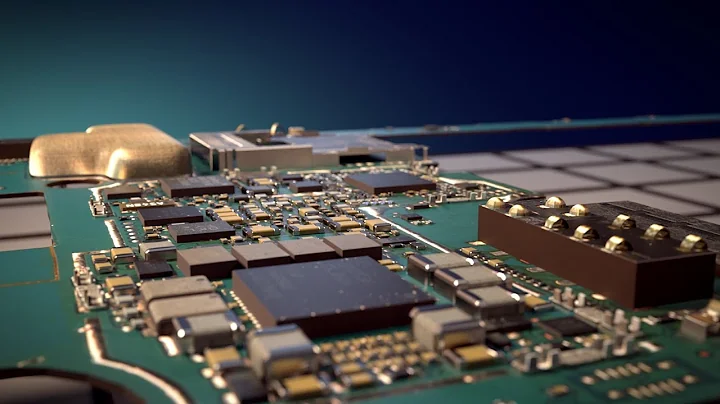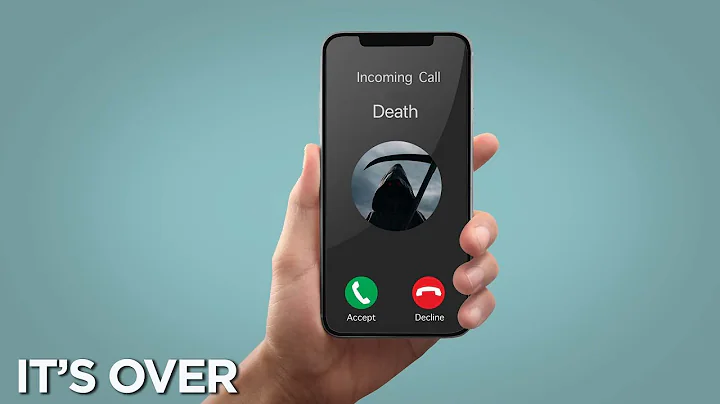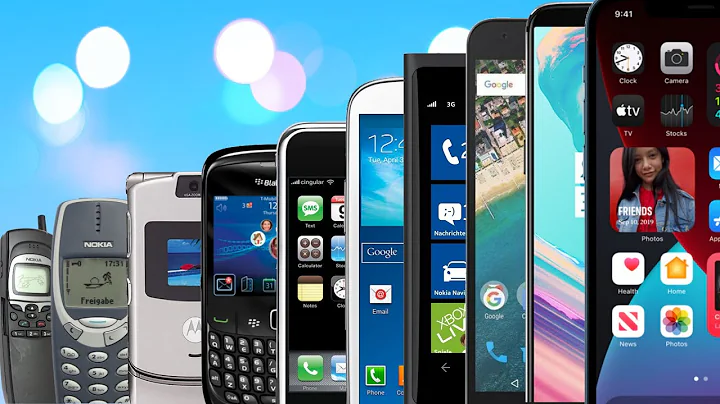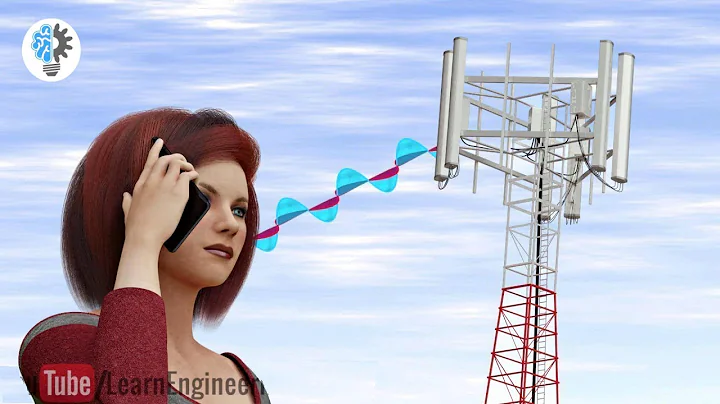Recently, Tianfeng International analyst Ming-Chi Kuo, who is famous for predicting Apple trends, posted a message on Twitter that Apple’s plan to teach itself the 5G baseband chip “modem” may have failed. This means that when the new iPhone is launched in 2023, Qualcomm will still be the exclusive supplier of 5G baseband chips for the new model, with a 100% supply share.
But this does not mean that Apple has given up on the self-study 5G baseband chip project. In this regard, Ming-Chi Kuo said: “When Apple succeeds and can replace Qualcomm’s modem chips, other new Qualcomm businesses should have increased enough to offset the negative impact caused by the loss of iPhone 5G chip orders.” Obviously, he believes that even if Qualcomm’s 5G baseband Chips being replaced will not have a significant impact on its revenue, because Qualcomm. The business has diversified.

Because before this, Intel has launched 5G baseband chips. However, it eventually gave up and sold it to Apple to meet Apple's requirements and sold the mobile phone baseband business to Apple Inc. . Therefore, the outside world also believes that Apple's acquisition of Intel's mobile baseband service will accelerate the launch of Apple's self-study 5G baseband.
Subsequently, at the Qualcomm Investor Day meeting in November 21, Qualcomm revealed that its business of providing baseband chips to Apple will shrink in the next two years. By 2023, only 20% of iPhones may be equipped with Qualcomm baseband chips. Qualcomm's announcement made many fruit fans shout that Apple has finally made up for the last flaw. If
does not have enough shipping support, it will be unsustainable. Therefore, at this stage, previous mobile phone baseband chip manufacturers such as Broadcom , TI, Marvell, NVIDIA, etc. have already withdrawn from the market.
In the field of 5G baseband chips, with the withdrawal of Intel, there are currently only five manufacturers (Qualcomm, MediaTek , Zhanrui , Huawei and Samsung ). Among them, Samsung and Huawei's 5G baseband chips are mainly for self-use, and Huawei's impact of US sanctions has also hindered its self-developed chip manufacturing. This has also led to the fact that there are currently only three 5G baseband chip suppliers on the open market, including Qualcomm, MediaTek and Zhanrui.

Regarding the question of "How difficult is it to develop 5G baseband chips and why no new players have joined?", the person in charge of Zhanrui also said in an interview with Xinzhixun: "Because this requires hundreds of millions of dollars in R&D investment. And you will only start from If 5G starts to fail, we must supplement the previous 2 to 4G. This is not just a matter of hundreds of millions of dollars. In addition, we also need to spend a high price to test. Global operators. We need engineers to go around the world to conduct field tests and then continuously find problems to solve problems. It does take time to accumulate the 5G baseband chips that we carry out all over the world. It must be a universal chip that can be used in every region of the world, that is, they can support different frequency bands in different countries, and multi-frequency compatibility increases the difficulty of chip design. In order to solve this problem, the design architecture of the baseband chip will be particularly critical, and the design structures of different chip manufacturers will also be different.

Previously, the market predicted that the iPhone 15 launched by Apple in 2023 would use all self-developed chips for the first time. The 5G baseband chip will be cast using TSMC's 5nm chips, the radio frequency IC will be produced by TSMC's 7nm, and the A17 application processor will be used for mass production of TSMC's 3nm. Once Apple switches to self-learning baseband, it will not only reduce costs, but also reduce its dependence on Qualcomm.
Unfortunately, the baseband chip is not the same as the processor after all. Taking into account issues such as industry standards and operator adaptation, it involves more areas in research and development. Senior industrial economics observer Liang Zhenpeng believes that Apple’s consistent strategy is to enter the market with its huge brand appeal after the technology matures. However, this strategy does not apply to 5G technology. Since more production departments are involved, first-mover companies will have more patent rights and establish a "moat" in the 5G field, and the advantages of being first-mover are not trivial.
public information shows that as early as the initial iPhone development, Apple planned to purchase many chips including Qualcomm for comparison. However, Qualcomm requires Apple to sign a patent agreement for communication protocols. The terms include allowing Apple to reverse license patents to him. Apple refused to accept this term, so instead of Qualcomm it switched to and Infineon .
At that time, because the initial iPhone did not support 3G networks, there was no conflict with Qualcomm. But as mobile communications enter the 3G era, Apple must own Qualcomm patents and technology in the CDMA field. After all, CDMA technology can ensure clearer sound effects and a higher sense of security. The iPhone 3G launched by Apple in 2008 marked the beginning of in-depth cooperation with Qualcomm.

With the advent of the 4G era, more suppliers have entered, which has broken Qualcomm’s dominant position to a certain extent. Apple is also looking for a second supplier at this time. In the end, Intel served as Qualcomm's replacement, and the iPhone7 launched in 2016 was equipped with Intel chips. But this does not mean that Qualcomm will fade away. Financial reports show that Qualcomm’s total revenue from providing baseband chips for Apple in 2016 was approximately US$2.1 billion, accounting for 13% of total revenue.
However, the good times did not last long. Over the past few years, Apple has been embroiled in disputes with Qualcomm over patent fees. In 2017, Apple believed that Qualcomm abused its monopoly position in the field of communication baseband chips. The patent licensing fees were too high, and Apple sued Apple in the United States and the United Kingdom and refused to pay Qualcomm patent licensing fees. The latter refused to provide baseband chips for iPhoneXS, iPhoneXSMax and iPhoneXR series mobile phones.
It is worth noting that as the patent litigation between the two parties intensifies, the iPhone series released by Apple in 2018 completely use Intel baseband chips. However, users have repeatedly complained about technical problems with iPhones using Intel baseband chips. In addition, the 5G era is approaching, but Intel's 5G baseband chips have gradually exposed problems such as slow progress and difficulty in solving heat dissipation. Apple has been plagued by doubts from the outside world and has fallen into a situation where 5G lacks a "core".

In the end, Apple could only turn around again and choose Qualcomm to settle and pay patent fees. During this period, Apple also invested US$1 billion to acquire most of Intel's mobile phone baseband "modem" business, merging approximately 2,200 employees under Intel's name into Apple, and starting the road to self-developed 5G baseband.
took too long to learn baseband by himself, so he once purchased 5G baseband chips from Samsung but it was closed due to the other party's "insufficient production capacity." Although Huawei has expressed support, under the overall situation, even cooperation will take a long time, which will also cause Apple to miss the first wave of 5G dividends. Therefore, facing the pressure of missing the golden period of 5G, we need to look globally. Apple has no other better option. Intel's choice has changed and it has once again turned its attention to Qualcomm.
Conclusion: Whether it is self-developed chips or conflicts with suppliers, the core is that Apple wants to gain stronger control of the industrial chain. It’s not surprising that Apple wants to develop its own 5G chips. As the largest company in the industry, it naturally hopes to grasp the front end of the industry chain. As a company where software and hardware develop together, Apple gives the market the impression that it has a greater impact on the ability to define products and can strategically get rid of the control of other companies and ensure security.











